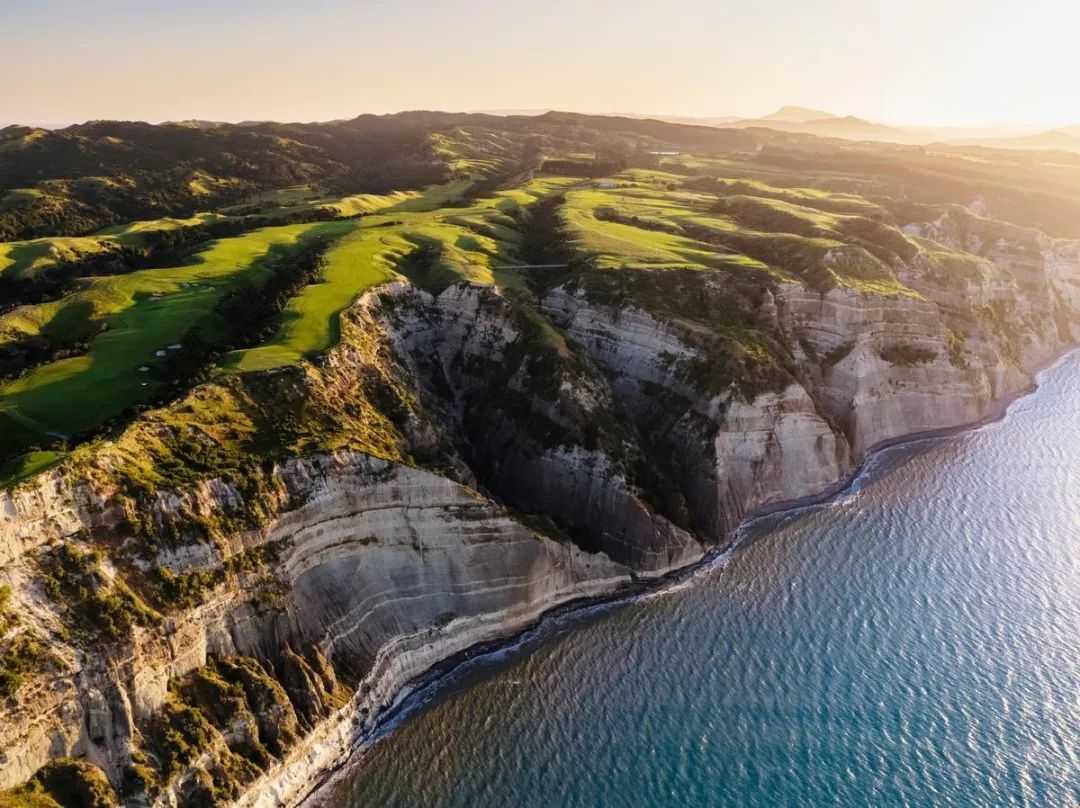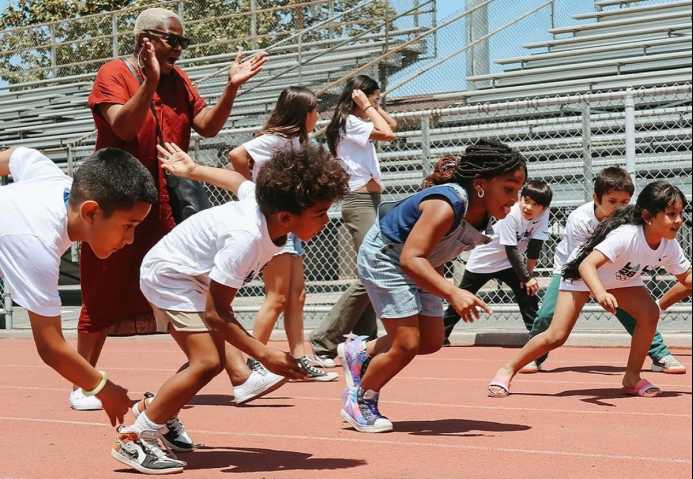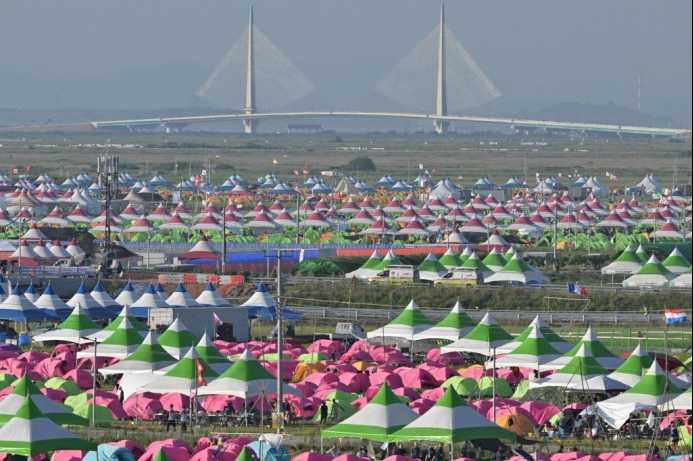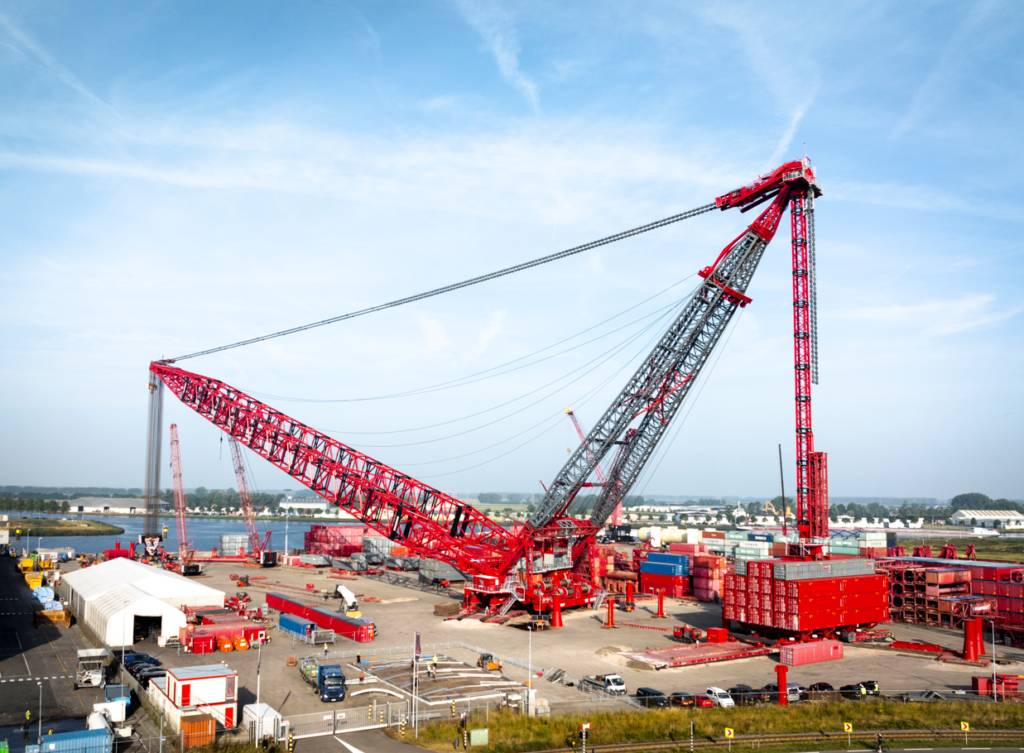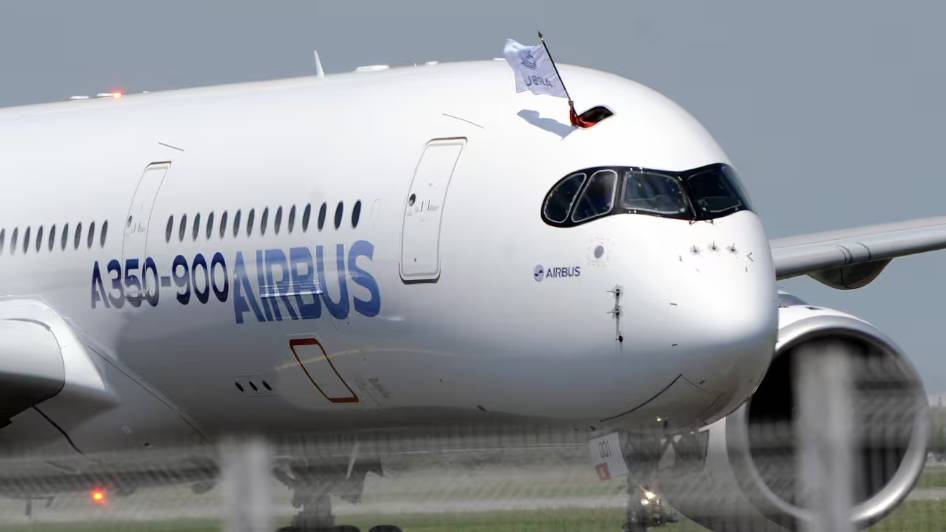Parsons calls for science-based policy on transgender athletesParsons calls for science-based policy on transgender athletes
Parsons calls for science-based policy on transgender athletes
The president of the International Paralympic Committee (IPC) has pushed for a science-based approach, rejecting a 'one-size-fits-all' solution. Meanwhile, in the run-up to the 2028 Olympic Games in Los Angeles, key figures such as Donald Trump have pushed for tighter restrictions, while the role of transgender athletes at sporting events remains a highly controversial topic. Andrew Parsons has made his position clear - no holding back, no beating around the bush.
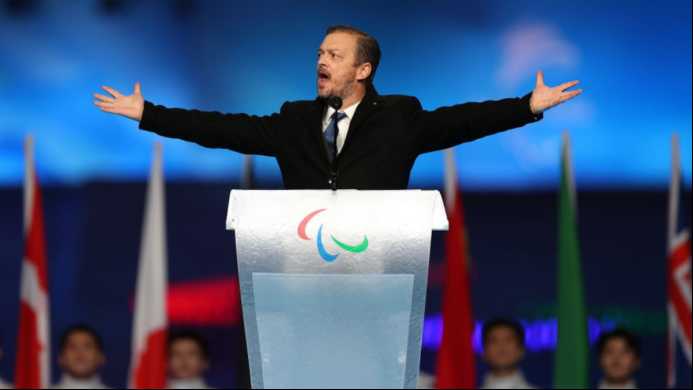
Source: Images from the Internet, if there is any infringement, please contact the removal of
In an interview with BBC Sport on Thursday, the Brazilian sports executive got right to the heart of one of the hottest topics in the global discussion: participation rules for transgender athletes. In an era where inclusion and competitive fairness are at the center of debate in sports, the Rio de Janeiro native rejected the blanket model. His comments come in the wake of President Donald Trump's recent signing of an executive order banning transgender women from competing in women's events - a move supported by several candidates vying for the IOC presidency. Parsons asserted, “Protecting women's programs is our top priority.”
However, he also acknowledged that the growing number of transgender athletes seeking to compete in top-level events requires a nuanced approach. He added: “I don't believe in applying a single rule to all sports. Each sport has its own requirements.” He emphasized the need for a “science-based policy”. Until now, the IOC and IPC have left the decision on eligibility of transgender athletes in the hands of national sports federations. However, this autonomy may be difficult to maintain as calls for stricter policies grow. World Athletics, led by Sebastian Coe, one of the favored candidates expected to succeed current president Thomas Bach, bans transgender women from competing in women's events at international events.
By contrast, World Paralympic Athletics allows athletes who legally identify as female to compete, provided their disability classification is met. One athlete at the center of this debate is Valentina Petrillo, the first transgender sprinter to compete at the Paris 2024 Paralympic Games. Her participation has sparked intense controversy - some see her as a symbol of inclusion, while others believe her participation compromises the fairness of the competition.
Trump, as usual, stood his ground, vowing to prevent transgender athletes from competing in the women's events at the 2028 Olympics in Los Angeles. He declared, “We are not going to let this ridiculous to the core issue taint the Olympics and Paralympics.” He even hinted at the possibility of imposing visa restrictions on transgender athletes entering the United States. Parsons was cautious about the possible impact of Trump's policies, noting that the 2028 Olympics in Los Angeles are three years away and that each federation has its own rules. He said, “We will work with the event organizers to make sure that the rules of all the federations are respected.” Regarding the visa ban, he insisted on a fact-based approach, stating, “We need to evaluate these measures and see how we respond to any decisions that may come up.”
Trump has a long history of tension with the IPC, which publicly criticized Trump in 2018 after he said the PyeongChang Winter Paralympics “looked tough,” a comment that was also widely condemned. However, Parsons acknowledged that despite the differences, the New York mogul is a staunch supporter of sport and that his administration could play a role in the success of the 2028 Games in Los Angeles. In addition to the transgender athlete controversy, the IPC faces another key decision - reintegrating Russia and Belarus into Paralympic competition.
Both countries were banned from competing after the outbreak of the Russia-Ukraine conflict in 2022, although athletes competing in a neutral capacity competed at the 2024 Paris Paralympics. Parsons noted that a potential peace deal between Ukraine and Russia could affect their eligibility to compete at the Milan-Cortina Dampedzo 2026 Winter Olympics, suggesting that a ceasefire agreement before the IPC's September general assembly could influence the outcome of the vote. In addition, the race for IOC president has brought the issue of transgender athletes to the forefront. African candidate Kirsty Coventry has backed a total ban on trans women competing in women's events, arguing for restrictions based on biological sex, while Sebastian Coe has warned that women's sport is at a crossroads, urging action to protect the next generation of female athletes.
Another presidential candidate, Johan Eliasch, argued that decisions must be based on “science and facts, not ideology”, while Prince Faisal Binal-Hussein promised, if elected, to “close the gender gap”.



